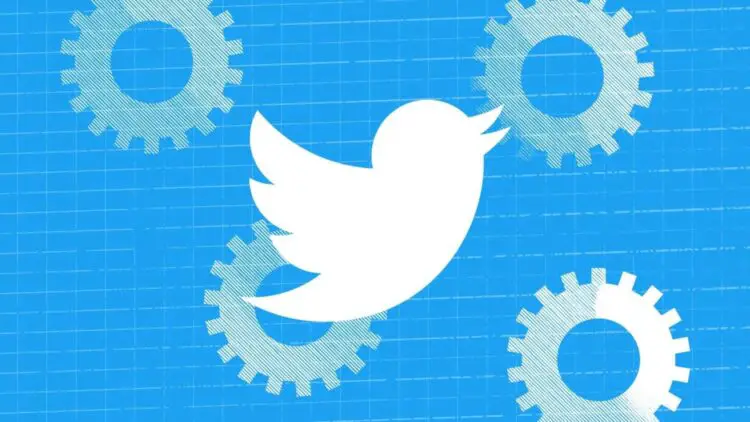The new Twitter API Pro, paid API subscription tier of the social media platform, has recently made waves with the announcement of its release, specifically targeting startups.
However, the response from startup founders and indie developers has been less than enthusiastic. With a price tag of $5,000 per month, many in the startup community argue that the new pricing tier is far from affordable.
📣 Calling all start-ups 📣
Today we are launching our new access tier, Twitter API Pro!
Experiment, build, and scale your business with 1M Tweets per month, including our powerful real-time Filtered/Stream and Full Archive Search endpoints. We look forward to seeing what you…
— Developers (@XDevelopers) May 25, 2023
New Twitter API Pro felt like a slap in the face for many users
The new Twitter API Pro promises startups the ability to “experiment, build, and scale” with features such as access to 1 million tweets per month, powerful real-time filtered/stream and full archive search endpoints. While these features seem enticing, the steep cost has raised eyebrows and led to skepticism about Twitter’s understanding of the financial constraints faced by startups.
Critics took to Twitter to voice their concerns, questioning who exactly this pricing plan is meant for and highlighting the exorbitant expense compared to the infrastructure costs that startups typically operate with. The sentiment among developers and founders is that the new tier fails to address their needs adequately.

This latest API plan from Twitter comes after months of anticipation and frustration within the developer community. Elon Musk’s acquisition of Twitter led to the end of free API access, with the introduction of a minimum fee of $42,000 per month for Enterprise access.
Although Twitter did release a $100 per month plan for “students” and “hobbyists”, many developers found it too limiting for their applications.
Developers and founders had attempted to reason with Twitter, urging the company to find a model that would support both parties. However, Twitter remained unyielding, insisting on the high entry point of $42,000 for API access.
The consequences of these pricing changes were significant. Many third-party Twitter-based platforms, operated by indie developers and founders, were unable to afford the new pricing structure. As a result, they were left with no choice but to shut down their services or make substantial modifications to their applications.
Although the introduction of the new Twitter API Pro might benefit a select few app creators who can afford the cost, the majority are left feeling neglected. Those who could have made it work have already moved on, while others remain priced out of the service.
The problems with new Twitter API model extend beyond the pricing issues. Researchers who previously paid for an academic tier of API pricing have faced difficulties as well.
They are now being asked to pay for the $42,000 tier or delete the data they obtained as paying subscribers. The charging of fees was even applied to public service and public safety accounts until Twitter faced backlash and reversed its decision.
Major companies like Microsoft, Intercom, and Automattic, the parent company of WordPress, have opted not to adopt Twitter’s new pricing structure for API access, leading to the removal of Twitter integrations from their platforms.
Twitter finds itself in a challenging position, not only needing to find the right pricing balance for its API users but also to rebuild trust among developers. The skepticism and disappointment expressed by indie developers and founders may have eroded confidence in Twitter’s commitment to supporting the developer community.
Twitter now faces the daunting task of regaining the trust it has lost, as developers reconsider their investments in a platform that has proven unpredictable. With respect to this loss of trust, the CEO change within the company also begged the question of can the new Twitter CEO fix the platform’s problems.
The launch of new Twitter API Pro has stirred controversy within the startup community. While it offers enticing features, the high cost has deterred many startups from embracing the new tier.
The frustrations extend beyond pricing, as trust in new Twitter API model has been damaged. Twitter must address these concerns and work towards fostering a developer-friendly environment to ensure long-term success and collaboration with the developer community.





